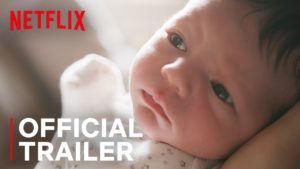 Many years ago (when I was a graduate student), I played a super minor role in some research looking at the developmental timing of gait in children. This was done in Herman Pontzer‘s lab back when he was at WashU and in collaboration with Libby Cowgill and Anna Warrener. A publication came out of it, which was great as a grad student, but it was never work I thought much about once it was done.
Many years ago (when I was a graduate student), I played a super minor role in some research looking at the developmental timing of gait in children. This was done in Herman Pontzer‘s lab back when he was at WashU and in collaboration with Libby Cowgill and Anna Warrener. A publication came out of it, which was great as a grad student, but it was never work I thought much about once it was done.
Fast forward about 9 years when Libby calls me while I am at a train station getting ready to head to New York City, and says she was contacted by a Netflix producer who wants us to recreate the data collection for a documentary on babies (documentary is also called Babies), and Libby wants me to come out and help.
I was pretty reluctant to agree for a few reasons:
- This was a traumatic data collection for me. Getting screaming toddlers to walk across a force plate was the worst, and I didn’t particularly want to relive it. I do not have the temperament to work with kids, and I felt horrible during every moment of that data collection.
- The filming was immediately coming off the heels of my on campus interview at the University of Notre Dame, and I was going to be stressed an exhausted.
- I had no desire to be on camera for the world to see – especially if I was to be recreating a data collection I hated.
However, Libby said she didn’t want to do it without me, and I adore Libby. Also, how often does the chance come along to be in a Netflix documentary?!?!
Despite the stress and exhaustion of an on campus interview followed by delayed and cancelled flights, I made it out to Columbia, MO just in time for filming. It was a process unlike anything I have ever seen or done before. We had to repeat the same scenes over and over again all while trying to act natural. It can be a frustrating process. Fortunately, all the kids were great and happy to participate. Some of the footage was just fantastic. the best part may have been joking around with the sound guy. He had us mic’ed up the whole time and could hear (and regularly reacted to) the snarky comments Libby and I would make during this process.
This was an opportunity I never saw happening for me, and I was reluctant at first, but I am really glad I did it. It was such a unique experience to see how days of filming gets cut up into a 10 minute segment. It also brought about some wonderful connections with folks for potential future projects, so well worth it!
Here is the trailer for the documentary. The series comes out on Feb. 21.
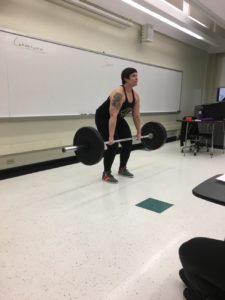
What you won’t see it in the documentary is where they have Libby and I lifting together in a gym. The director told me to deadlift and keep deadlifting until the long, moving shot was done. I was pulling 225lbs, and lost count after the 12th rep. I believe once the shot was done, I fell to the floor exhaling a long string of curses. This shot never made it past the cutting room floor…so, here is a picture of me deadlifting 135lbs for my biomechanics class last year.
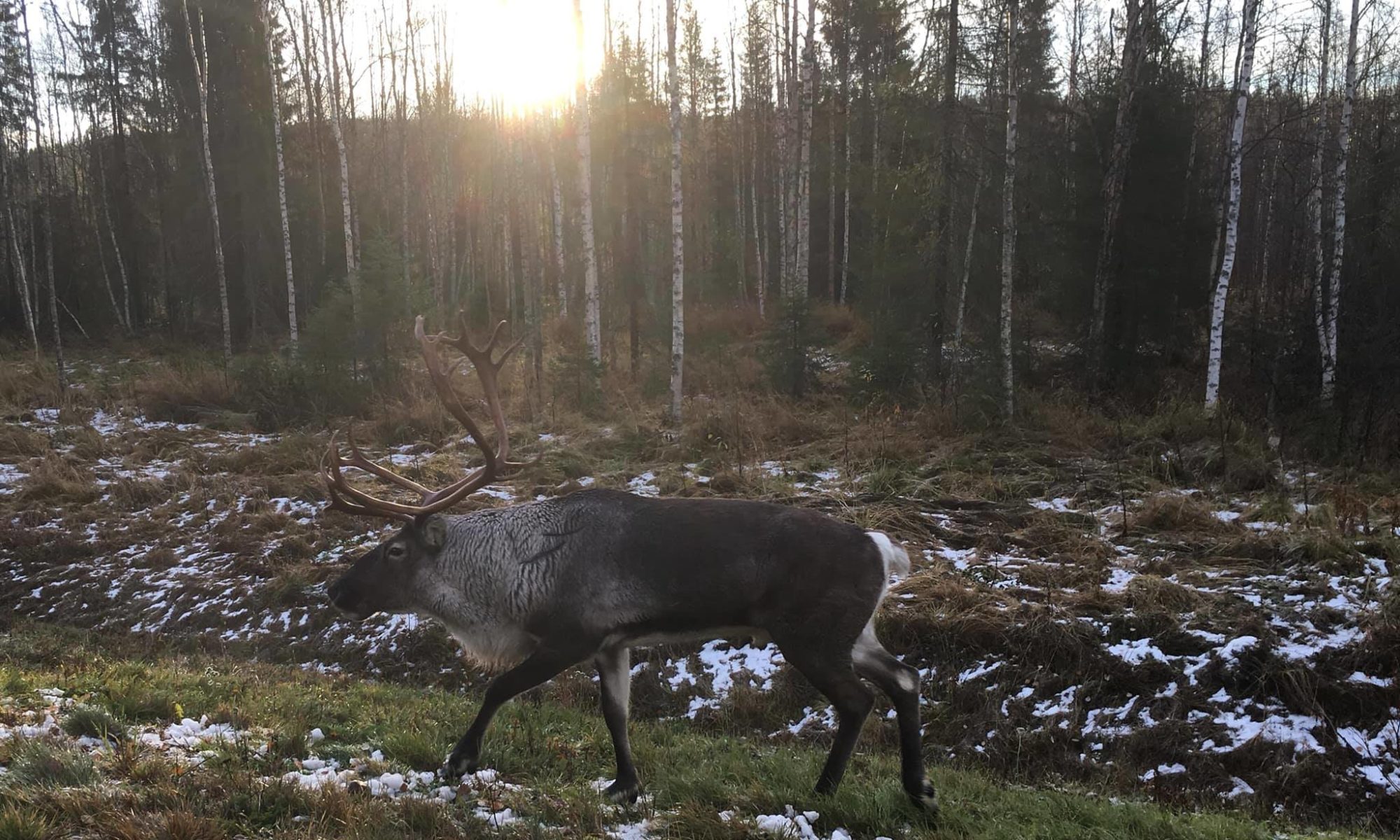
 Many years ago (when I was a graduate student), I played a super minor role in some research looking at the developmental timing of gait in children. This was done in
Many years ago (when I was a graduate student), I played a super minor role in some research looking at the developmental timing of gait in children. This was done in 
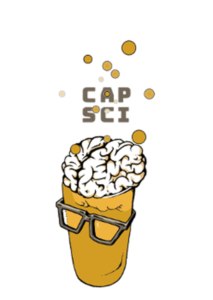 As many of you know I expend a lot of time doing and thinking about science communication and outreach. I founded a Science on Tap series in Grand Rapids, MI when I had my first faculty position at Grand Valley State University. I remember the first event – only 12 people showed up. It took time, but the audience grew with every event. My final Science on Tap before moving to a new position in Albany, NY, drew a crowd of over 300 people. We had to turn people away at the door…for a science event…in a
As many of you know I expend a lot of time doing and thinking about science communication and outreach. I founded a Science on Tap series in Grand Rapids, MI when I had my first faculty position at Grand Valley State University. I remember the first event – only 12 people showed up. It took time, but the audience grew with every event. My final Science on Tap before moving to a new position in Albany, NY, drew a crowd of over 300 people. We had to turn people away at the door…for a science event…in a 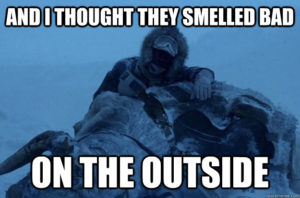
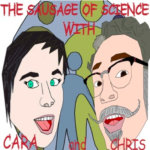 Have a listen to the latest installment of #Hackademics, our special series within the Sausage of Science podcast. In this episode we talk about the importance of science communication, how to go about it (especially if you are new to the field), and why you should pitch your science story to folks like our guest Scientific American journalist,
Have a listen to the latest installment of #Hackademics, our special series within the Sausage of Science podcast. In this episode we talk about the importance of science communication, how to go about it (especially if you are new to the field), and why you should pitch your science story to folks like our guest Scientific American journalist, 